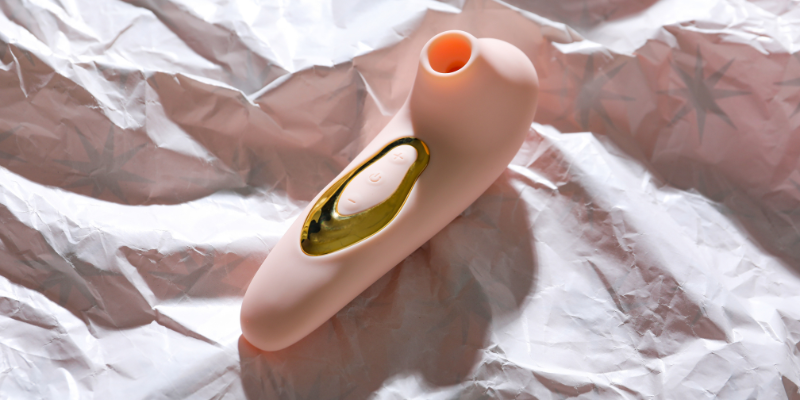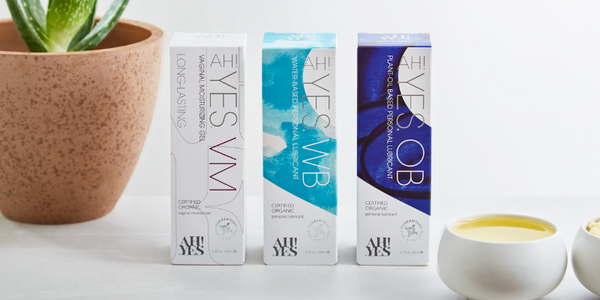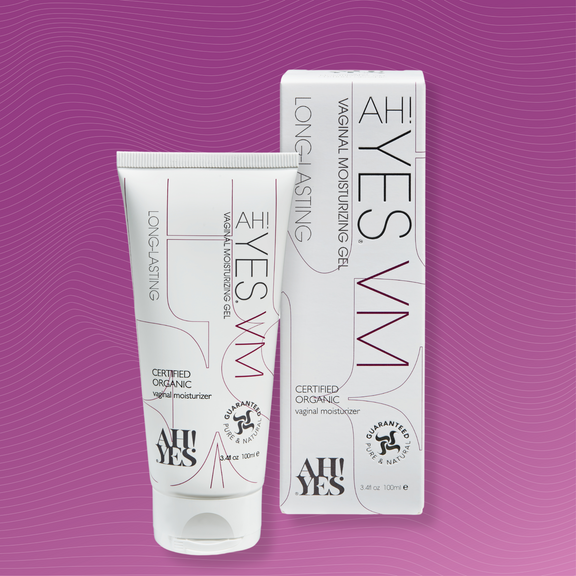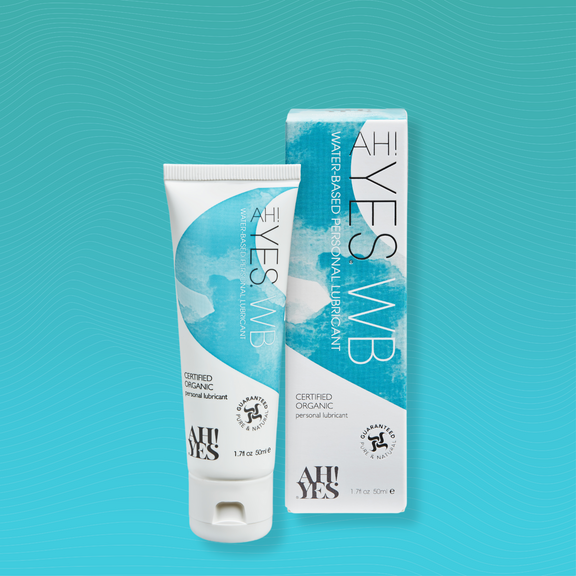Why More Sex + Masturbation Can Improve Clitoral Atrophy!
If ever we needed an excuse to experience more pleasure, saving ourselves from clitoral atrophy is a pretty solid reason to spend more time in the bedroom.
But what is clitoral atrophy, how do you know when you have it, and what can you do to get rid of it? In this blog we’ll give you the lowdown on all that and more – including what causes clitoral atrophy, and how it differs from vaginal atrophy.
Ready? Let’s go!
Clitoral atrophy, explained
As if women didn’t have enough health issues to contend with, clitoral atrophy is a very real problem that threatens to rob you of clitoral sensation and compromise your ability to orgasm. Not okay!
Your clitoris is a marvel of nature: filling with blood when you’re sexually aroused and becoming sensitive to the touch (which is what feels so pleasurable). Clitoral atrophy is when blood flow becomes inhibited and your clitoris no longer functions as it should – leading to a loss of sensation, and difficulty achieving orgasm.
In some cases, your clitoris can even disappear!
Causes of clitoral atrophy
Your clitoris is a network of nerves and erectile tissue that extends from the external nub to the internal pleasure pathways. When you’re sexually aroused, these nerves fill with blood and become sensitive. However, a number of hormonal changes can cause blood flow to reduce, or even stop altogether.
These include:
- Starting birth control
- Pregnancy
- Perimenopause
- Menopause
- Hysterectomy
- Cancer treatment
But did you know that clitoral atrophy can also be caused by infrequent use? Yep, you heard that right! Remaining sexually active actually decreases your chance of experiencing clitoral atrophy – as does regular masturbation (particularly with suction-based sex toys).

Signs of clitoral atrophy
The most common search terms on Google surrounding clitoral atrophy relate to clitoral atrophy after birth, and clitoral atrophy following cancer treatment. Women are seeking answers in the privacy of their own homes, sometimes after major hormonal upheavals, but no one’s really talking about it.
So how do you know if you’re suffering from clitoral atrophy? Common symptoms include:
- Reduced sensation around the clitoris
- Decreased response to clitoral stimulation
- Lower sex drive
- A clitoris you no longer can feel, even when aroused
But all is not lost: no matter the cause of clitoral atrophy, there are certain steps you can take to restore sensation!
Dealing with clitoral atrophy
The best way to manage clitoral atrophy is by increasing blood flow to the clitoris through:
- Sex
- Masturbation
- Cardio exercise
If you’re going down the masturbation route, we’d highly recommend suction toys as these can help to restore blood flow and bring your clitoris back to life! But if you’re attempting sex or masturbation when suffering with the dryness or soreness of vaginal atrophy, you may need a helping hand. Using an oil-based lubricant, like AH! YES® OB, can help to soothe your clitoris, while providing a longer-lasting layer of protection.
It’s important to keep in mind that your sexual health isn’t something to feel embarrassed about, so if you’re experiencing any sort of sexual health issues, speak to a medical professional.

Understanding vaginal atrophy
You’re more likely to have heard of vaginal atrophy than clitoral atrophy, as this is an incredibly common condition that affects every nine in ten women. If you’re not sure how vaginal atrophy differs from clitoral atrophy, some of the most common symptoms include:
- Dryness and inflammation
- Vaginal burning
- Painful sex
- Spotting after sex
- Tightening of the vaginal canal
You might even experience urinary systems, including frequent UTIs, urinary incontinence, needing to pass urine more often, and pain or burning when you wee.
Vaginal atrophy is typically caused by a drop in oestrogen, which is commonly associated with perimenopause and the menopause – but women can experience vaginal atrophy at any time in their lives, and there’s no need to suffer in silence. A quality, pH-matched vaginal moisturiser like AH! YES® VM helps to relieve the symptoms of vaginal dryness and itching in less than an hour.
If you’re struggling with clitoral atrophy, vaginal atrophy, or anything else that’s compromising your ability to enjoy your vagina to the full, find out how our scientifically formulated, wholly organic products are Making Vaginas Happy® all over the world.






